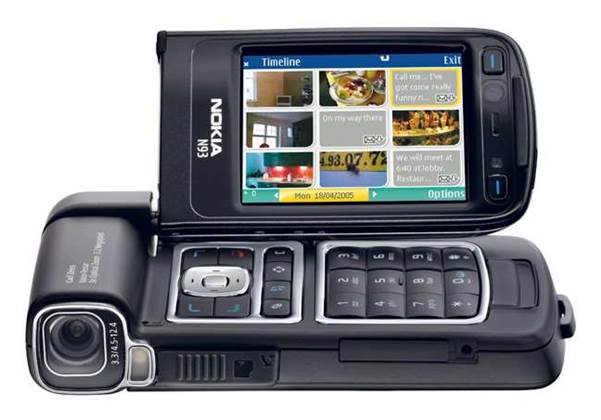
ABI Research said that mobile operators will have to move from a traditional cellular-only approach to one that integrates WiMax and metro Wi-Fi in order to prevent energy costs spiralling out of control.
The analyst firm added that energy costs represent the third most significant operating expense for mobile carriers today, and that fluctuating energy costs are a significant area of concern for business planners.
Stuart Carlaw, director of wireless research at ABI Research, said: "From a pure coverage perspective WiMax is twice as energy cost-effective and metro Wi-Fi is 50 times more energy cost-effective than WCDMA.
"When data traffic is factored into the equation, WiMax can accommodate 11 times today's average data consumption and still be more energy cost-efficient compared to WCDMA or HSDPA."
The ABI Research study, Energy Efficiency Analysis for Mobile Broadband Solutions, found that the total energy consumption arising from mobile broadband service delivery is forecast to grow from 42.8 billion kilowatt hours (KWh) in 2005 to 124.4 billion KWh in 2011.
The Asia Pacific region will account for the majority of this growth.










 iTnews Benchmark Awards 2026
iTnews Benchmark Awards 2026
 iTnews Executive Retreat - Security Leaders Edition
iTnews Executive Retreat - Security Leaders Edition
 iTnews Cloud Covered Breakfast Summit
iTnews Cloud Covered Breakfast Summit
 The 2026 iAwards
The 2026 iAwards












_(1).jpg&h=140&w=231&c=1&s=0)



